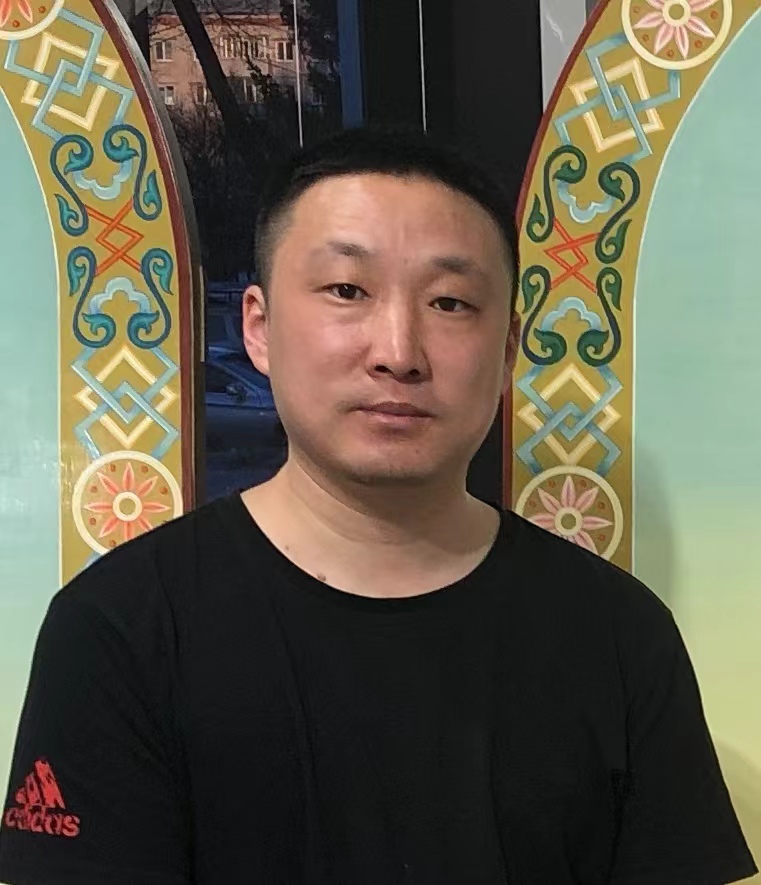The article, which is the first part of a study, provides a general description of the socio-religious worldview of Chinese labor artels in Manchuria during the late 19th and early 20th centuries. Historical events of this period, such as the migration process “Breakthrough to Guangdong”, the construction of the CER, anti-colonial movements in China, the fall of the Qing Dynasty, etc. radically changed the usual way of life for the people in the northeast in general and marked the start of the formation of Chinese labor artels, such as fishermen, pearl hunters, fur trappers, ginseng hunters, etc. as well as “special labor associations”, such as horse thieves, prostitutes, Honghuzi, etc.). As a result of the study of Russian and Chinese scientific (naturalistic, ethnographic), artistic, ethnographic, folklore sources, the authors determine the fundamental principles of the socio-religious organization of such associations – ideas of “knot”, “fraternity”, and “worship”, as well as adherence to the Law of Taiga and respect for the Spirit of the Forest and Mountains – Lao Batou. In these religious beliefs and practices, syncretism of traditional Chinese, Tungus-Manchu, Mongolian, and Korean beliefs is inherent in the religiosity of the Far Eastern frontier. Despite the dominance of the Spirit of Taiga and Mountains over all areas of labor artels and the delegation of its powers to a main god of an occupation, each “labor union” had its own extensive system of patron deities, religious symbols, and beliefs to ensure success in trade.
Key words: Manchuria, “Breakthrough to Guangdong”, migration processes, labor unions, ethnoreligious customs and traditions, patron gods, religious syncretism, shamanism, ancestral worship, assimilation
DOI: 10.22250/20728662_2024_2_62
About the authors
 |
Anna A. Zabiyako – Doctor of Philology, Professor, Head of the Department of Literature and World Art Culture, Amur State University; 21 Ignatievskoe shosse, Blagoveschensk, 675027, Russia, This email address is being protected from spambots. You need JavaScript enabled to view it. |
 |
Zhao Haibo – Postgraduate student of the Department of Literature and World Art, junior research fellow of the Laboratory of Frontier Studies, Amur State University; 21 Ignatievskoe shosse, Blagoveschensk, 675027, Russia; This email address is being protected from spambots. You need JavaScript enabled to view it. |






